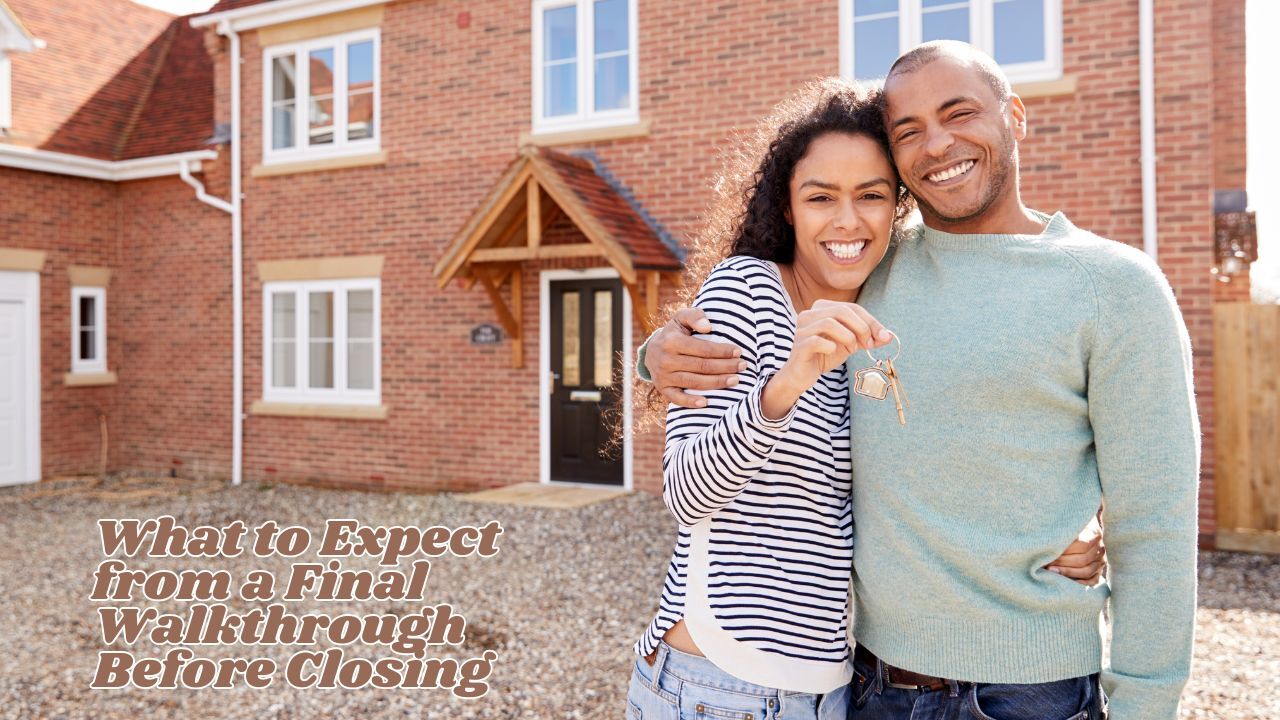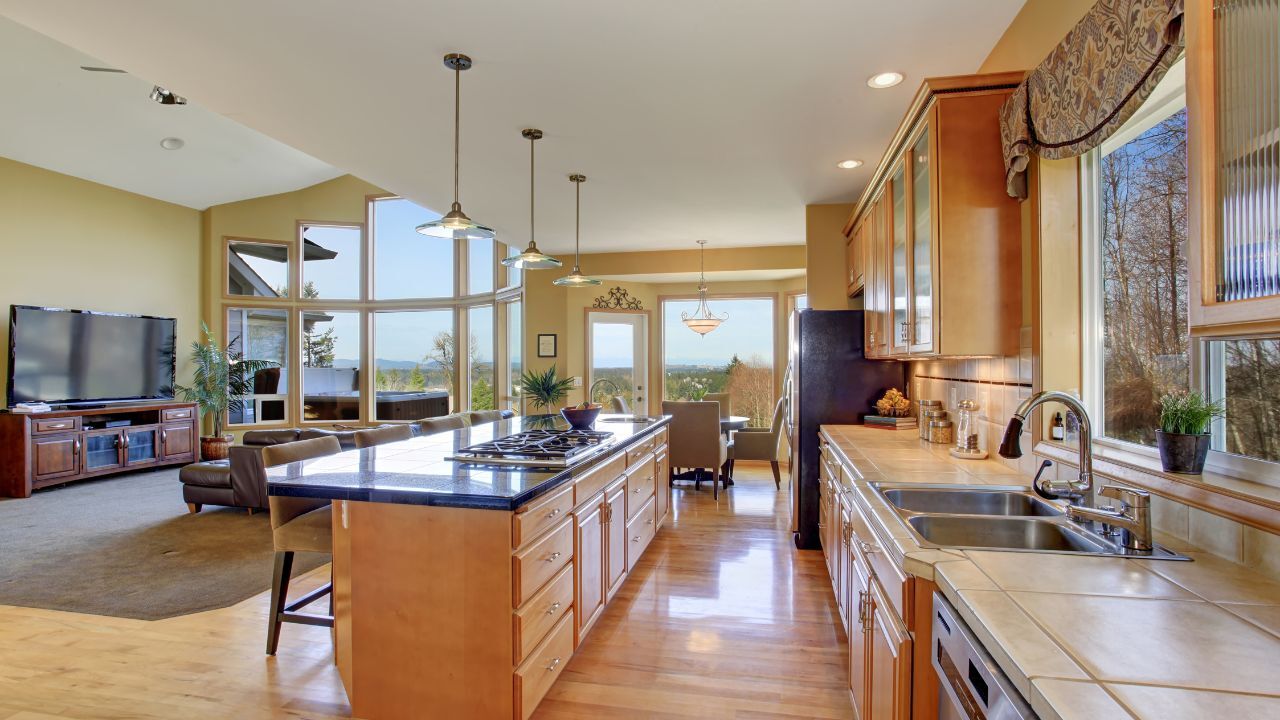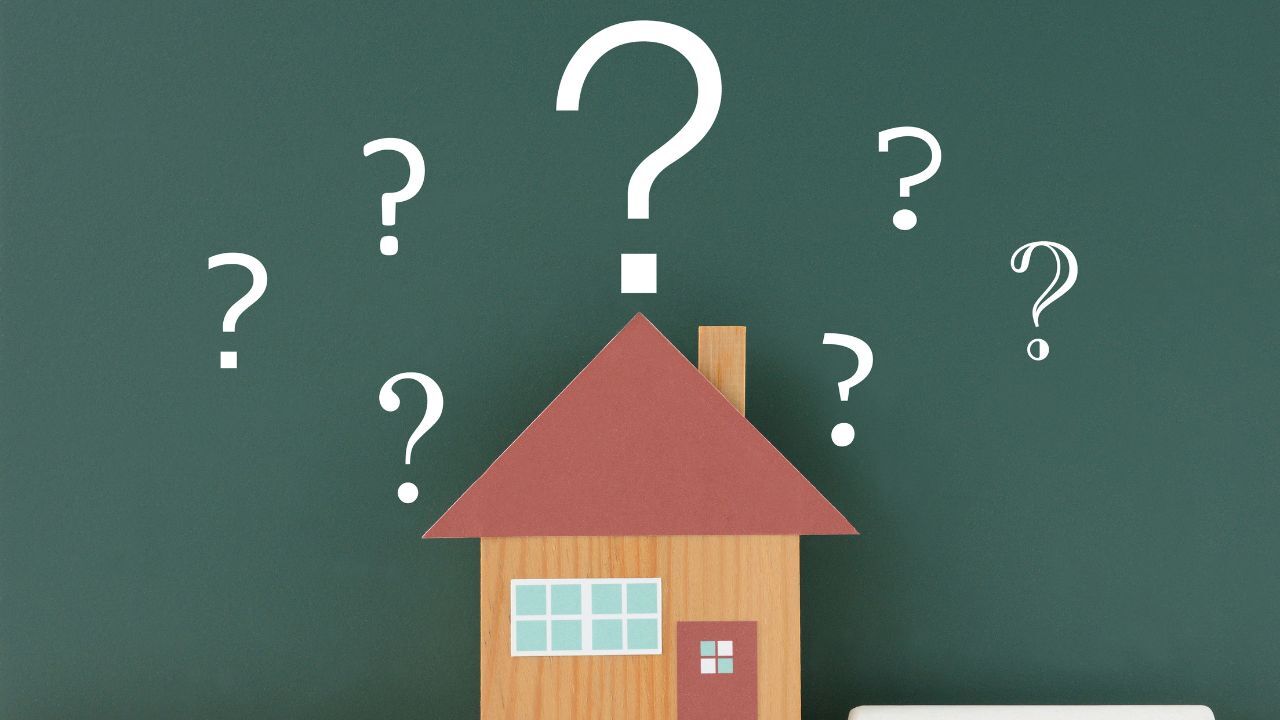 Buying a home can be stressful, especially in competitive markets. Knowing when a seller is motivated to sell can give you a strategic edge, allowing you to make offers that are more likely to be accepted while potentially saving money. Understanding the signs of a motivated seller and how to approach the situation can help buyers navigate negotiations confidently.
Buying a home can be stressful, especially in competitive markets. Knowing when a seller is motivated to sell can give you a strategic edge, allowing you to make offers that are more likely to be accepted while potentially saving money. Understanding the signs of a motivated seller and how to approach the situation can help buyers navigate negotiations confidently.
Common Signs of a Motivated Seller
Sellers who are eager to move often exhibit certain behaviors. Homes that have been on the market for an extended period with little interest may indicate a willingness to negotiate. Price reductions or flexible terms, such as offering to cover closing costs, can also signal motivation. Additionally, sellers relocating for a job, financial reasons, or personal circumstances may prioritize a quick sale over top-dollar offers.
How to Gather Information
Real estate agents can be invaluable in identifying motivated sellers. Reviewing listing history, analyzing market trends, and observing open house activity can provide clues about urgency. Direct conversations with the listing agent may reveal helpful insights, such as the sellerís timeline or willingness to negotiate certain terms.
Using Seller Motivation to Your Advantage
When you know a seller is motivated, you can structure offers strategically. This may include proposing a shorter closing period, offering earnest money to show commitment, or negotiating repairs and concessions. The goal is to create a win-win scenario where the seller achieves their desired timeline, and the buyer secures favorable terms.
Ethical Considerations
While it is important to leverage market insights, buyers should approach negotiations ethically. Misrepresenting intentions or attempting to exploit personal circumstances can damage credibility and potentially jeopardize the deal. Working closely with a trusted agent ensures strategies are both effective and professional.
Recognizing a motivated seller can be a powerful tool in home buying. By identifying the signs, gathering information, and approaching negotiations strategically and ethically, buyers can increase their chances of securing a property under favorable conditions.
 The final walkthrough is one of the last steps before closing on your new home. It may feel like a formality, but it serves an important purpose. This is your chance to confirm that everything is in the condition you agreed to and that the home is truly ready for you to move in. Knowing what to expect can help you approach this step with confidence.
The final walkthrough is one of the last steps before closing on your new home. It may feel like a formality, but it serves an important purpose. This is your chance to confirm that everything is in the condition you agreed to and that the home is truly ready for you to move in. Knowing what to expect can help you approach this step with confidence. Your home is likely one of your most valuable investments, which is why understanding home appraisals is essential. Whether youíre buying, selling, or refinancing, knowing what an appraisal involves can help you make informed decisions.
Your home is likely one of your most valuable investments, which is why understanding home appraisals is essential. Whether youíre buying, selling, or refinancing, knowing what an appraisal involves can help you make informed decisions. When buyers walk into a home, their attention is often drawn to one particular space more than any other, the kitchen. It is no coincidence that real estate professionals often call the kitchen the heart of the home. Beyond its practical function, the kitchen carries emotional and psychological weight that can influence a buyer’s decision more than any other room.
When buyers walk into a home, their attention is often drawn to one particular space more than any other, the kitchen. It is no coincidence that real estate professionals often call the kitchen the heart of the home. Beyond its practical function, the kitchen carries emotional and psychological weight that can influence a buyer’s decision more than any other room. Purchasing a home is one of the most significant decisions you will ever make. It is an exciting process, but it can also be overwhelming if you do not ask the right questions. Knowing what to ask can help you avoid costly mistakes and ensure that the home you choose fits your needs and budget.
Purchasing a home is one of the most significant decisions you will ever make. It is an exciting process, but it can also be overwhelming if you do not ask the right questions. Knowing what to ask can help you avoid costly mistakes and ensure that the home you choose fits your needs and budget.